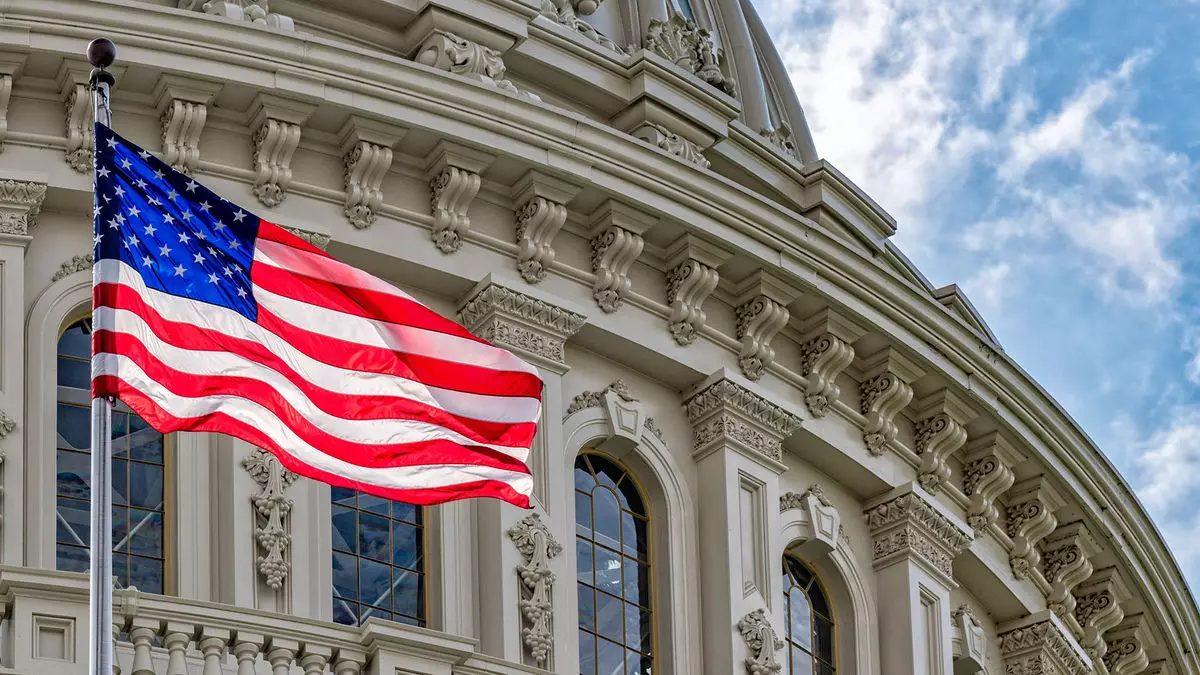The recent regulations finalized by the Transportation Department have sparked controversy within the airline industry. These regulations would require airlines to issue refunds by default in cases of cancellations or lengthy flight delays, unless the flyer chooses to accept a rescheduled itinerary or a voucher. However, a clause in the FAA reauthorization bill that is expected to receive floor votes in the House and Senate this week could potentially throw the Transportation Department’s provision into legal disarray. The FAA bill states that an air carrier shall provide a full refund only upon written or electronic request of the passenger for any canceled or significantly delayed flight. This difference in approach places the responsibility on the passenger to request a refund, potentially weakening the DOT’s new regulations before they even take effect in late October.
Conflicting Views on the Impact of the FAA Bill
Travel industry attorney Mark Pestronk believes that if the FAA bill is passed as currently written, it would supersede the DOT rule. However, DOT secretary Pete Buttigieg remains confident that the rule will survive any legal challenges, even if it differs from the final FAA bill. Buttigieg expressed that the DOT’s regulation is strongly rooted in legal authorities, emphasizing the importance of protecting consumer rights in the airline industry. On the other hand, some consumer advocates, including Sen. Elizabeth Warren, are concerned about the potential implications of the FAA bill. Warren argues that placing the burden on passengers to navigate a bureaucratic process for refunds would only benefit the airlines, who may take advantage of travelers’ lack of time or resources to claim their refunds.
Airlines’ Opposition to the New DOT Refund Rule
Unsurprisingly, airlines have expressed opposition to the new DOT refund rule. The trade group Airlines for America (A4A) released a statement last week criticizing the regulation, along with new DOT regulations on ancillary fee transparency, claiming that these rules would make air travel more expensive. A4A believes that unnecessary regulatory rules issued without collaboration would only lead to confusion for consumers, a reduction in choice, and ultimately a decline in competition, which historically drives up prices. This opposition from airlines highlights the ongoing tension between industry regulations aimed at protecting consumer rights and airline interests in maintaining profitability.

